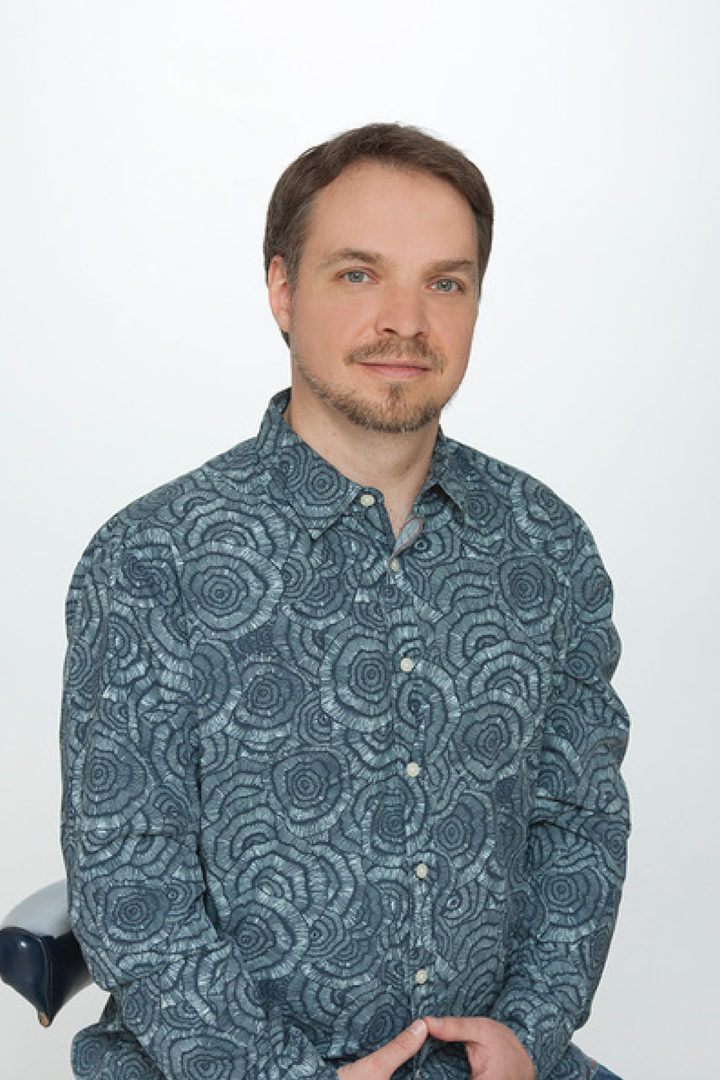トム・フロース

トム・フロース
准教授
認知科学博士(D.Phil., University of Sussex, 2010年)
コンピューター科学・サイバネティックス修士(工学)号(M.Eng., University of Reading, 2004年)
国際バカロレア資格(I.B., International School Manila, 2000年)
tom.froese
ドイツ
コンピューターサイエンスとサイバネティクスにバックグラウンドを持つ認知科学者です。進化ロボット工学、身体性モデリング、視覚代替インターフェース、人工神経網およびVRなどさまざまな研究方法を用いて生命と精神の基礎を究明しています。特に人工生命と認知科学の身体性研究方法への貢献で知られています。
個体(身体)が別の個体との相互作用でどのように変化を起こすかという課題が、研究の中心的な課題の一つです。生命、社会意識、象徴的コミュニケーションおよび大規模社会組織化のそれぞれの起源を含むさまざまなスケールでの分析を通してこの問いに答えようとしています。
研究のもう一つの重要な局面は、生命と精神の複雑性の質的な変遷を促進するツールや技術、より広義には環境介在の役割を明確にすることです。典型的な例として、人間・コンピューター・インターフェースの使用が、その使用者である人間の視覚体験を変化させる可能性について研究を行っていますが、この研究は認知科学にも深い意味合いを持ちます。
職務経歴
- 博士課程修了後研究者、Sackler Centre for Consciousness Science, University of Sussex, UK (2010)
- 博士課程修了後研究者、Department of General Systems Studies, University of Tokyo, Japan (2010-2012)
- 博士課程修了後研究者、Institute for Applied Mathematics and Systems Research, National Autonomous University of Mexico, Mexico (2012-2014)
- 准教授・研究室主宰者、Institute for Applied Mathematics and Systems Research, National Autonomous University of Mexico, Mexico (2014-2019)
受賞歴
- ELSI Origins Network Long-Term-Visitor Award, Tokyo Institute of Technology, Japan (2017)
- Vice-Chancellor’s Visiting International Scholar Award, University of Wollongong, Australia (2015)
- UNAM Postdoctoral Fellowship for Foreign Researchers (2012-2014)
- JSPS Postdoctoral Fellowship for Foreign Researchers (2010-2012)
貢献
- 編集主任、Adaptive Behavior, 2017-
- 編集委員、The Journal of Mind and Behavior, 2015-
- 編集委員、Constructivist Foundations, 2013-
- 編集委員会評論家、Frontiers in Neurorobotics, 2020-
- 編集委員会評論家、Frontiers in Robotics and AI, 2014-
- 編集委員会評論家、Frontiers in Psychology, 2013-
- 認識・言語トラック会長、Conference on Complex Systems (CCS 2017), 2017
- 一般副会長、The Fifteenth International Conference on the Synthesis and Simulation of Living Systems (ALIFE 2016), 2016
重要論文
- Candadai, M., Setzler, M., Izquierdo, E. J., & Froese, T. (2019). Embodied dyadic interaction increases complexity of neural dynamics: A minimal agent-based simulation model. Frontiers in Psychology, 10(540). doi:10.3389/fpsyg.2019.00540
- Froese, T., Campos, J. I., Fujishima, K., Kiga, D., & Virgo, N. (2018). Horizontal transfer of code fragments between protocells can explain the origins of the genetic code without vertical descent. Scientific Reports, 8: 3532. doi:10.1038/s41598-018-21973-y
- Froese, T., Gershenson, C., & Manzanilla, L. R. (2014). Can government be self-organized? A mathematical model of the collective social organization of ancient Teotihuacan, Central Mexico. PloS ONE, 9(10), e109966. doi:10.1371/journal.pone.0109966
- Froese, T., Iizuka, H., & Ikegami, T. (2014). Embodied social interaction constitutes social cognition in pairs of humans: A minimalist virtual reality experiment. Scientific Reports, 4: 3672. doi:10.1038/srep03672
- Zapata-Fonseca, L., Froese, T., Schilbach, L., Vogeley, K., & Timmermans, B. (2018). Sensitivity to social contingency in adults with high-functioning autism during computer-mediated embodied interaction. Behavioral Sciences, 8(2). doi:10.3390/bs8020022
- Zarco, M., & Froese, T. (2018). Self-optimization in continuous-time recurrent neural networks. Frontiers in Robotics and AI, 5(96). doi:10.3389/frobt.2018.00096



